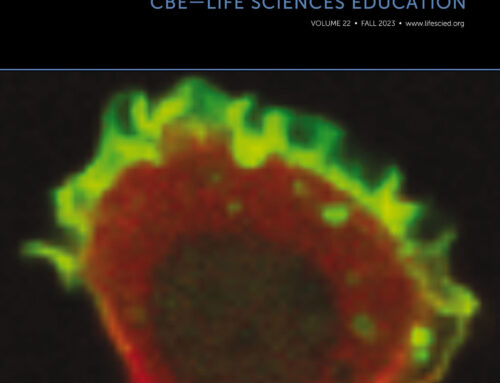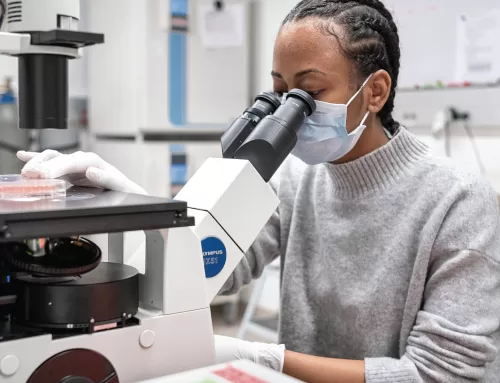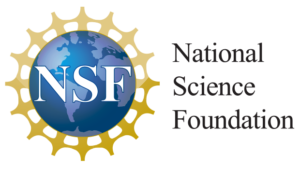Kaylen Little, Yamere Lloyd, Melanie Hwalek, Victoria Straub, Stephanie B. Conant, Jacob D. Kagey
Abstract
 Increasing the overall diversity of the biomedical scientific community is an issue that impacts all levels of STEM (science, technology, engineering, and mathematics) education, scientific research, and the future of scientific discovery. Large-scale initiatives, such as the NIH Building Infrastructure Leading to Diversity (BUILD) program, have been established to facilitate improvements in diversity across the scientific community by supporting the training of STEM students early in their research careers. One of these BUILD sites, ReBUILDetroit, is a four-year undergraduate program that supports Scholars throughout their undergraduate careers and during the transition to their next career step. To prepare for mentored research experiences in the summer after their first year of college, all ReBUILDetroit Scholars participate in a first-year, course-embedded research sequence in biology, chemistry, or social science. Here, we describe the pairing of the SEA PHAGES curriculum (which is a national CURE iREC) with the first-year research curricular goals of the ReBUILDetroit program, along with the impact of this first-year research course on both ReBUILDetroit Scholars and non-BUILD students who enrolled in the yearlong SEA PHAGES course sequence. We found that both groups of students report a similar increase in research understanding and belonging, indicating that the ReBUILDetroit program impacts students beyond the Scholars directly enrolled in the program. Establishing early intervention research experiences provides research experience for a large group of students and contributes to overall retention and persistence within STEM majors.
Increasing the overall diversity of the biomedical scientific community is an issue that impacts all levels of STEM (science, technology, engineering, and mathematics) education, scientific research, and the future of scientific discovery. Large-scale initiatives, such as the NIH Building Infrastructure Leading to Diversity (BUILD) program, have been established to facilitate improvements in diversity across the scientific community by supporting the training of STEM students early in their research careers. One of these BUILD sites, ReBUILDetroit, is a four-year undergraduate program that supports Scholars throughout their undergraduate careers and during the transition to their next career step. To prepare for mentored research experiences in the summer after their first year of college, all ReBUILDetroit Scholars participate in a first-year, course-embedded research sequence in biology, chemistry, or social science. Here, we describe the pairing of the SEA PHAGES curriculum (which is a national CURE iREC) with the first-year research curricular goals of the ReBUILDetroit program, along with the impact of this first-year research course on both ReBUILDetroit Scholars and non-BUILD students who enrolled in the yearlong SEA PHAGES course sequence. We found that both groups of students report a similar increase in research understanding and belonging, indicating that the ReBUILDetroit program impacts students beyond the Scholars directly enrolled in the program. Establishing early intervention research experiences provides research experience for a large group of students and contributes to overall retention and persistence within STEM majors.




Leave A Comment
You must be logged in to post a comment.